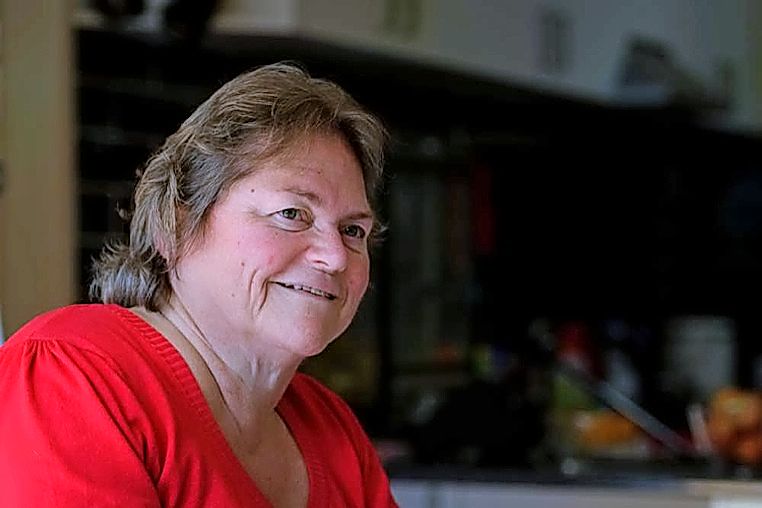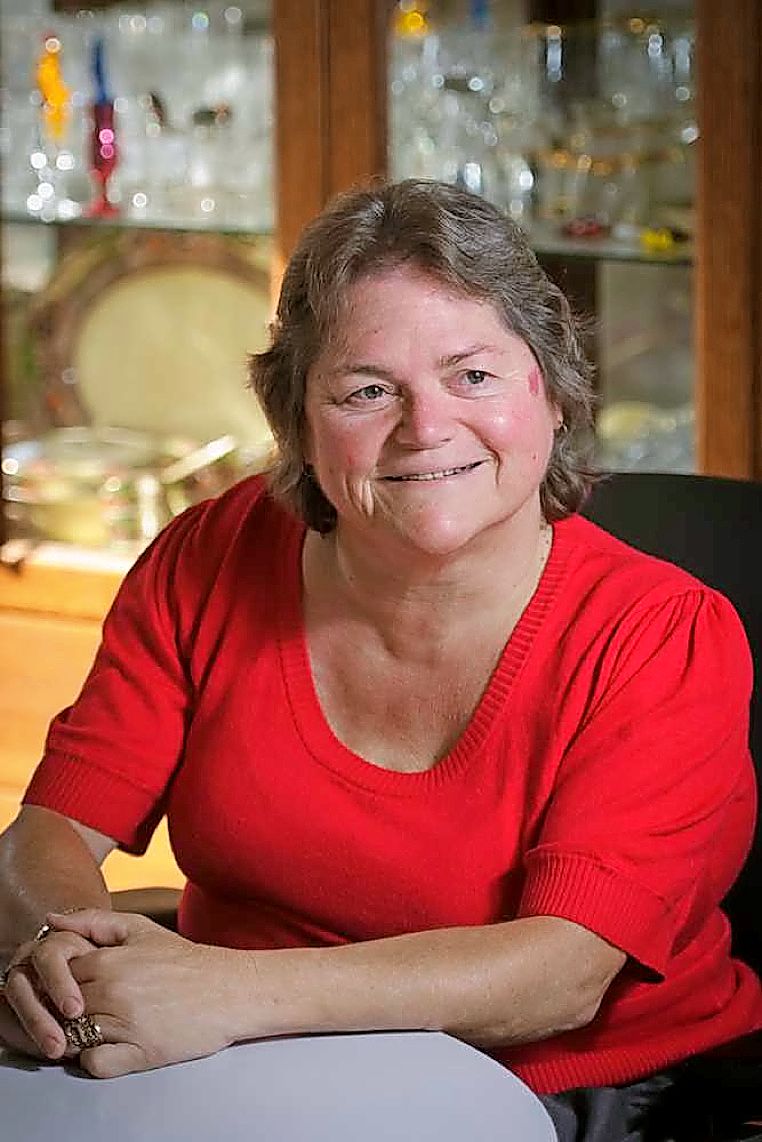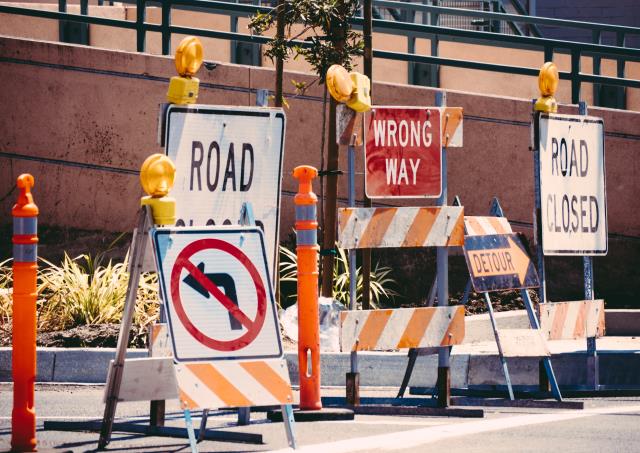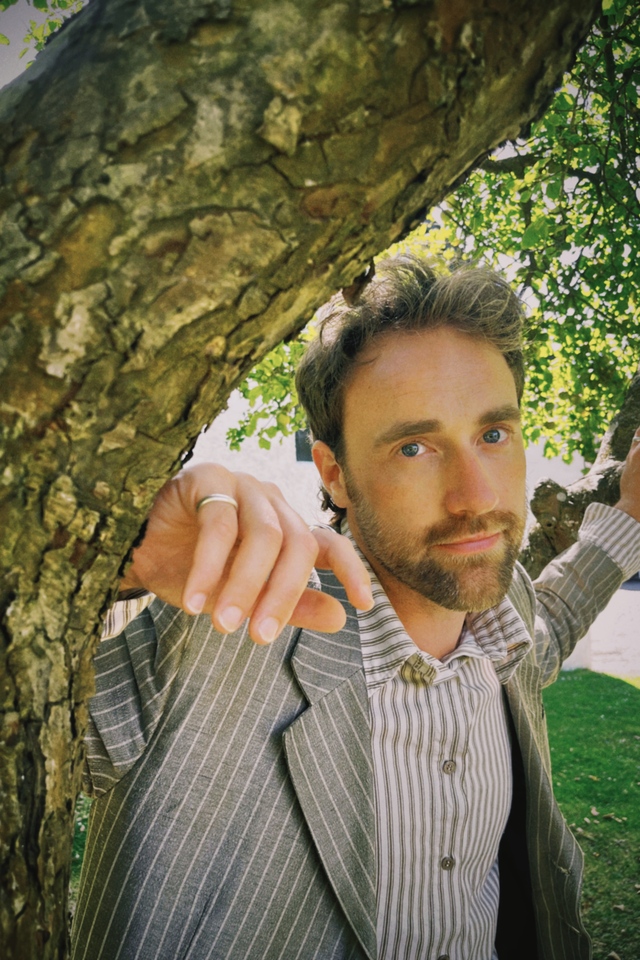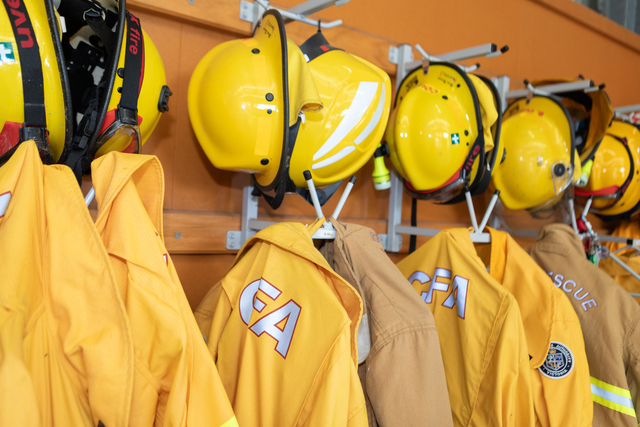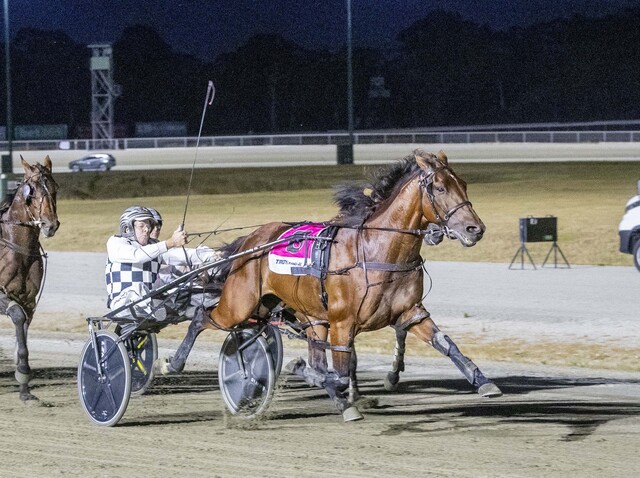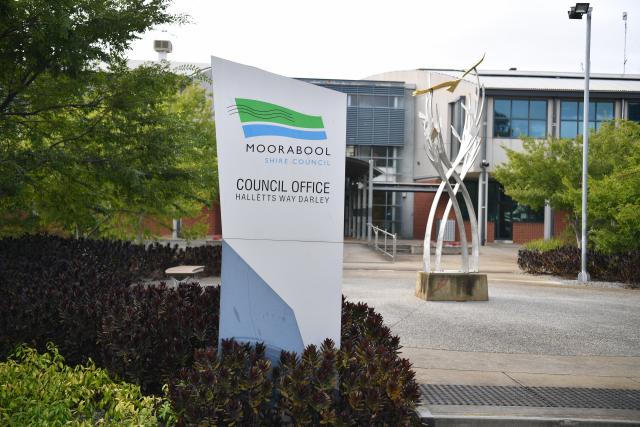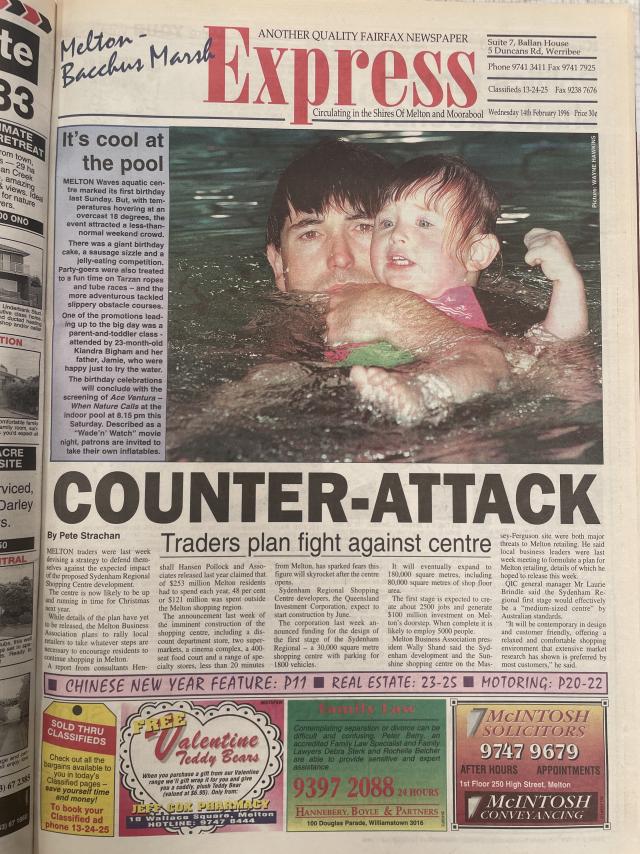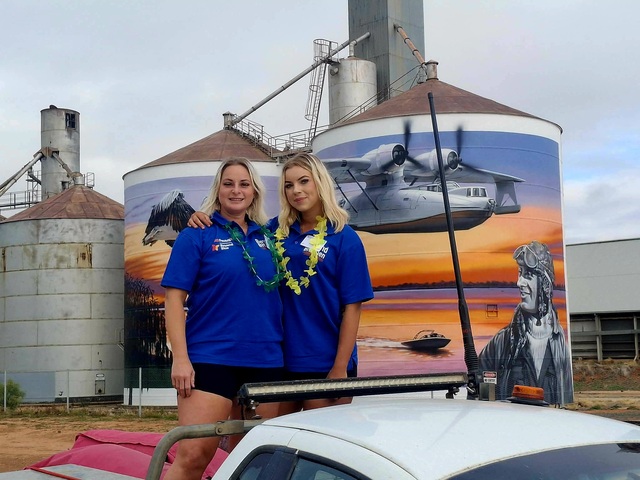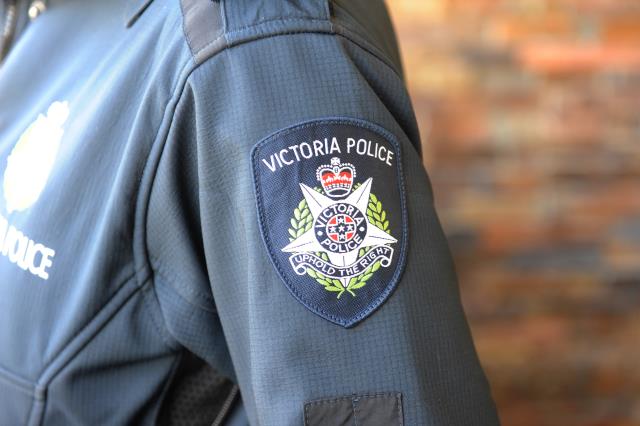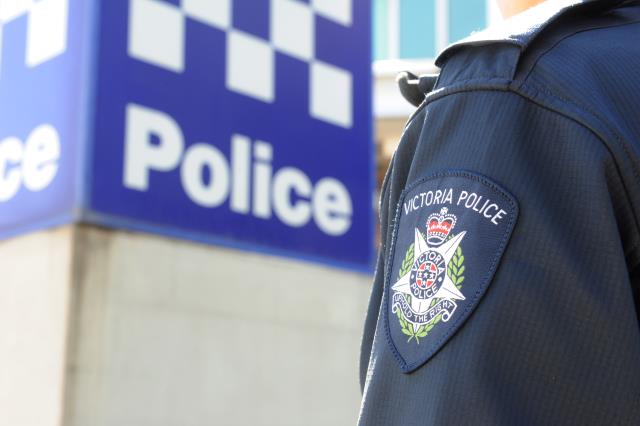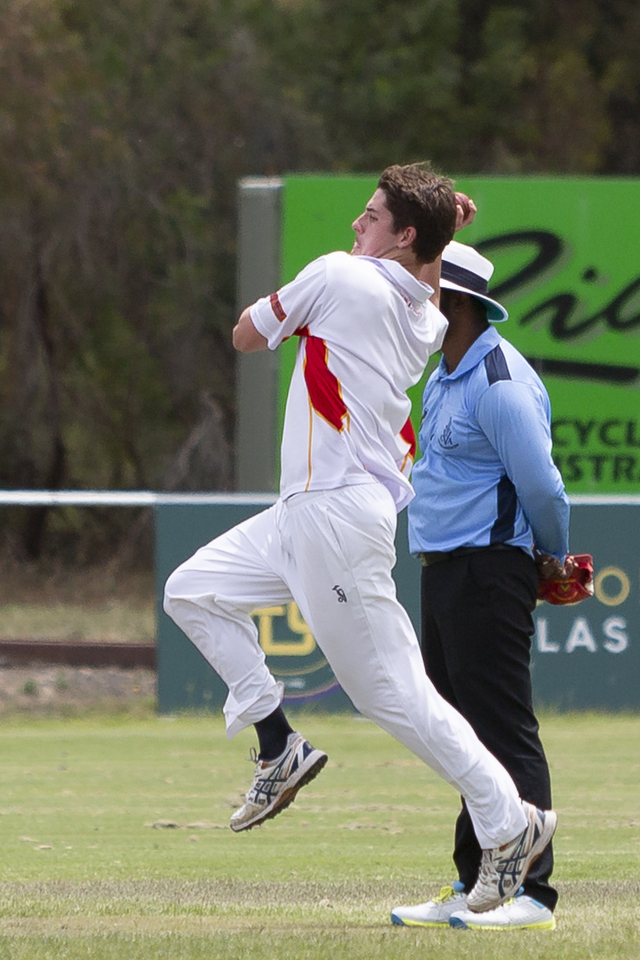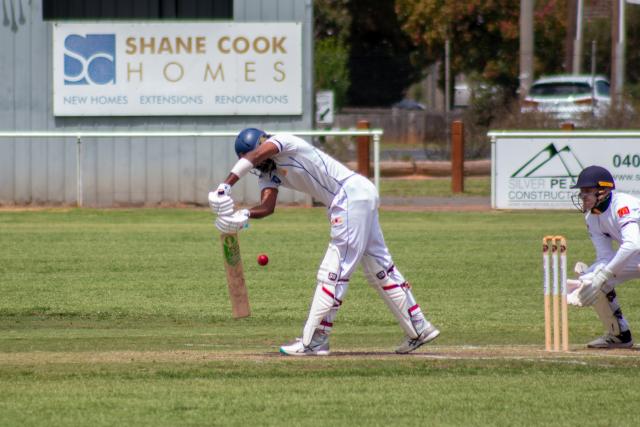For years, Maree Jongkryg struggled to find a support network and people who understood what she was going through as the partner of a Vietnam veteran. She talks to Sumeyya Ilanbey.
What’s your connection to Melton?
I’ve lived here for 36 years. I moved here when there were 15,000 people on the population board and it’s grown a bit since then. I’ve had two children who’ve gone to school here.
What are some of the biggest changes?
The town’s growth, and the shopping centre is better now. Everything is very central so we don’t have to get in and out of the car to shop.
What’s your favourite thing about Melton?
It’s close to everything – to the city, the beach, the country. It’s central to everything.
What would you change if you could?
That’s a very good question. [Public] transport, for me, would be the main thing. I use a wheelchair to get around so I rely on my husband to take me everywhere because public transport’s not very easy. Definitely more trains and more regularly, not an hour in between.
Where’s your favourite place to hang out?
I spend a bit of time at Woodgrove shopping centre and have a meal at the food court.
How are you involved with the Partners of Veterans Association?
My husband is a Vietnam veteran and that’s how I got involved 10 years ago. There was an advertisement in the paper about a DVD that was going to be screened and I was interested in seeing it. And I could relate to it very well.
What’s the most difficult part about being a partner of a veteran?
The first thing was getting [my husband’s] post-traumatic stress disorder diagnosed. He said there was nothing (wrong) ; I said ‘yes, there is’. Eventually that was diagnosed. He’s now on medication and that’s made life a lot easier. The mood swings were difficult to live with and manage. I don’t think people understand; only partners of veterans do. A lot of people would ask me, ‘Why do you put up with that?’. But they don’t understand that underneath that is a real person and the [PTSD] is just part of what’s happened to them. You tend to do a bit more of your own thing so you can cope.
How important are support networks for partners of veterans?
Very, because you can be open about it if you wish, you don’t have to. The general community doesn’t understand, but we do. So that’s why we’d like to have some of the younger partners from the Afghanistan war get involved.
The Partners of Veterans Melton sub-branch meets on the third Monday of each month, from 1-3pm, at the Melton community hall. For more information, call 0447 515 666.

